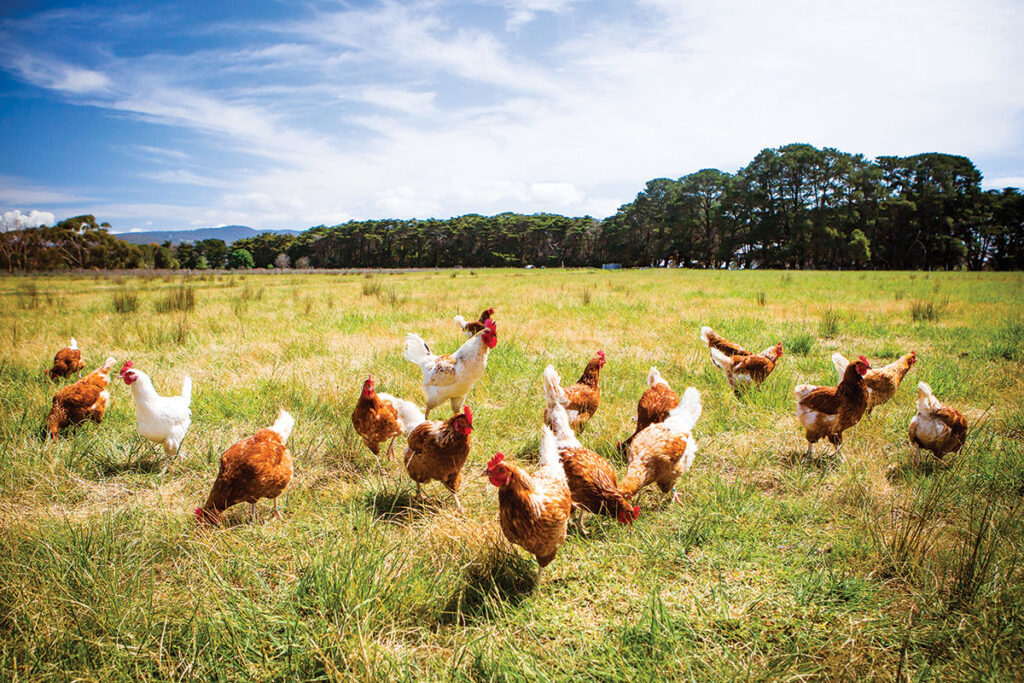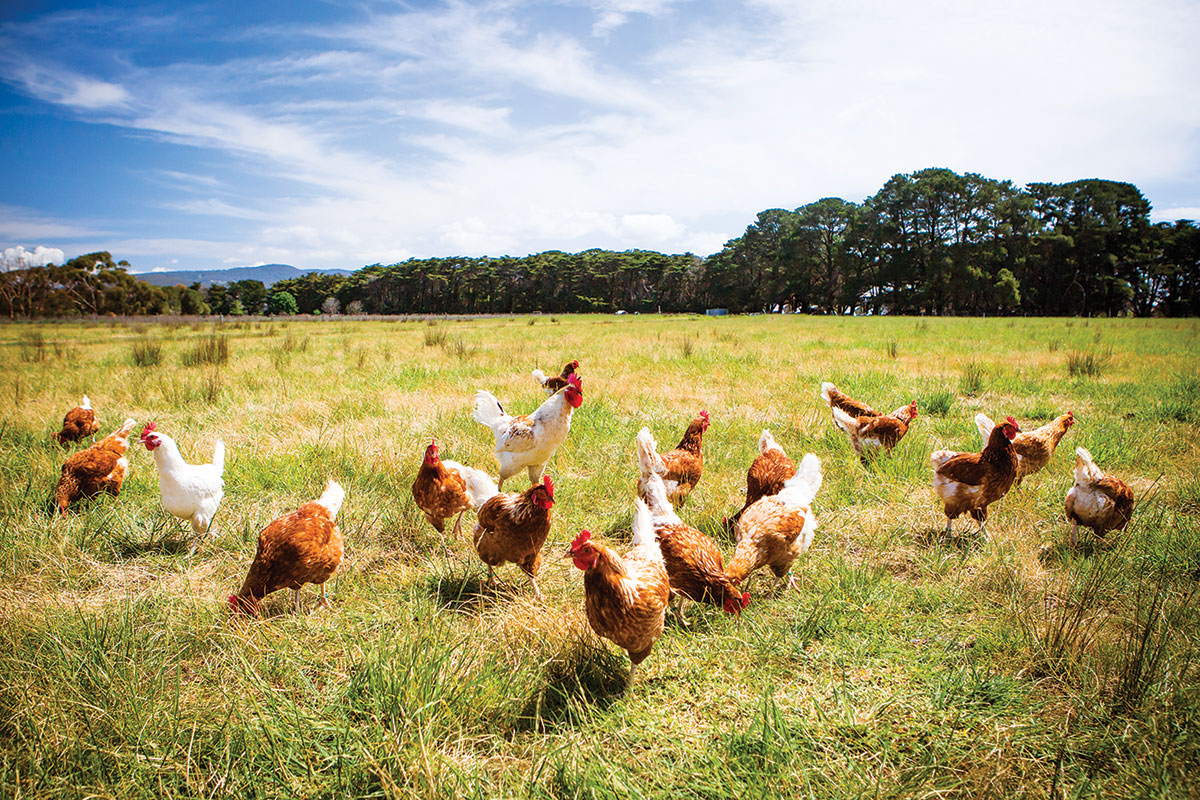
Vaccinations and stringent biosecurity are critical for poultry operations
Even in smaller poultry operations, like backyard or hobby facilities, preventing disease is a very important step in having productive, healthy birds.
While practicing proper biosecurity measures is one of the most important steps in disease prevention, vaccinating poultry flocks could be the key to keeping deadly sickness out of the chicken coop.
“There is no cure for viral diseases, so vaccination along with stringent biosecurity, are the effective protective measures that can be employed,” said poultry health specialist and veterinary medical officer of Benton and Washington counties, Terry Conger.
According to an article by the Colorado State University Extension Office, only poultry flocks in good health should be vaccinated. Which further proves why biosecurity is so important.
“Stringent biosecurity is the most protective tool that can be used to protect against infection,” said Conger. “Biosecurity requires a conscious effort in the part of the flock owner.”
The only time the necessity for vaccines isn’t as great, is when the flock isn’t being introduced to new birds, and current birds don’t return if they leave the facility. However, it’s important to know the history of infectious disease in a flock so that the proper vaccines can be administered if necessary.
“Stringent biosecurity is the most protective tool that can be used to protect against infection.”
— Terry Conger, Poultry health Specialist
The University of Florida’s Institute of Food and Agricultural Sciences released an article stating that vaccines should be considered if a flock has a history of disease problems, an owner takes their birds to poultry shows or if birds are purchased from auctions or hatcheries.
An exception to that, however, is Marek’s disease. According to the Merck Veterinary Manual, this disease is present in almost every flock, so vaccination is strongly recommended for all birds.
The Marek’s disease vaccination must be done in the egg, at one day of age or as early as possible, according to Conger. The virus is ubiquitous and spreads through feathers, so vaccinating birds early is crucial to establish immunity.
Many vaccines must be given at a specific time to ensure effectiveness. These vaccines must be given to prevent high incidence diseases such as Marek’s disease, Fowl Pox and Newcastle disease.
“I’ve seen a high incidence of low virulence Newcastle disease in backyard flocks, so that vaccine is useful in preventing many diseases,” Conger said.
Currently, there is an outbreak of the highly infectious Avian Influenza. Hundreds of commercial and backyard flocks have been affected by the disease. No vaccine has been developed yet, so proper biosecurity is the only prevention method.
Conger said more than 90 percent of the 459 infected flocks could have prevented Avian Flu with stringent biosecurity.
Poultry farmers with small operations may purchase vaccines from their local livestock feed store or co-op. Disease prevention is a very important component of running a poultry operation. Whether big or small, experts recommend vaccinating and practicing proper biosecurity to keep illnesses out of the chicken coop.






